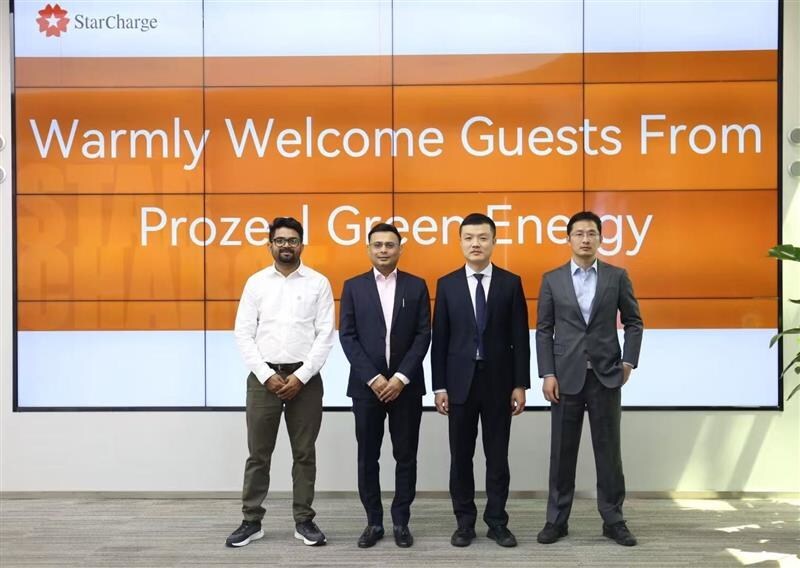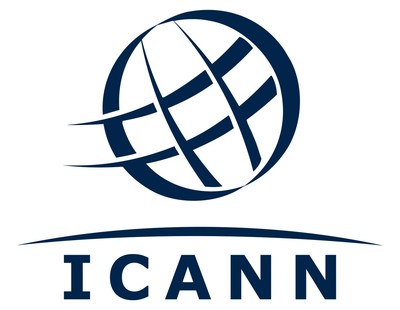
Source: cision | Published on: Tuesday, 10 June 2025
A new report from ICANN and the Internet Society details how the Internet Governance Forum has supported a stable and secure Internet—and why that model is now under strain.
PRAGUE, June 10, 2025 -- As global discussions intensify around the future of Internet governance, two of the Internet's long-standing technical institutions—the Internet Corporation for Assigned Names and Numbers (ICANN) and the Internet Society (ISOC)—are urging renewed focus on what has kept the Internet open and operational for more than two decades: collaborative coordination across borders and sectors.

Released today, the joint report Footprints of 20 Years of the Internet Governance Forum illustrates how cooperation among governments, engineers, civil society, and businesses has helped maintain a single, secure, and globally accessible Internet. The report draws from a range of technical, policy, and infrastructure outcomes that have emerged through the Internet Governance Forum (IGF) and its broader network.
"The Internet didn't stay unified by chance. Its resilience is the result of people and institutions working across borders and sectors," said Kurtis Lindqvist, ICANN President and CEO. "This report underscores that the Internet's success is not accidental; it's coordinated. If we value a single, secure, and interoperable Internet, then we must recommit to the model that made it possible."
"For twenty years, the IGF has shown that multistakeholder governance delivers," said Sally Wentworth, President and CEO of the Internet Society. "Its footprint spans infrastructure, security, access, and policy—often in places where conventional governance falls short. But the gains we've made are only as strong as our commitment to keep investing in them."
Key Findings
A Pivotal Moment
The report is being launched ahead of the 20-year review of the World Summit on the Information Society (WSIS+20), a milestone that is expected to influence how global digital cooperation evolves in the coming decade. Against this backdrop, ICANN and ISOC are calling for renewed attention to the institutions and frameworks that have supported a unified, secure, and open Internet.
Rather than offering abstract conclusions, the report is structured around practical and globally sourced examples. It aims to inform current debates by showing what has worked and what could be at risk if support for distributed, collaborative governance falters.
About ICANN
ICANN's mission is to help ensure a stable, secure, and unified global Internet. To reach another person on the Internet, you need to type an address – a name or a number – into your computer or other device. That address must be unique so computers know where to find each other. ICANN helps coordinate and support these unique identifiers across the world. ICANN was formed in 1998 as a nonprofit public benefit corporation with a community of participants from all over the world. For more information, please visit: icann.org.
About the Internet Society
Founded in 1992 by Internet pioneers, the Internet Society is a global non-profit organization working to ensure the Internet is for everyone. Through its community of members, special interest groups, and 130+ chapters around the world, the organization defends and promotes Internet policies, standards, and protocols that keep the Internet open, globally connected, and secure. For more information, please visit: Internetsociety.org.

Logo - https://mma.prnewswire.com/media/1810953/ICANN_Logo.jpg
Photo - https://mma.prnewswire.com/media/2706773/Internet_Society.jpg
![]() View original content:https://www.prnewswire.co.uk/news-releases/what-holds-the-internet-together-and-why-its-now-at-risk-302476810.html
View original content:https://www.prnewswire.co.uk/news-releases/what-holds-the-internet-together-and-why-its-now-at-risk-302476810.html
